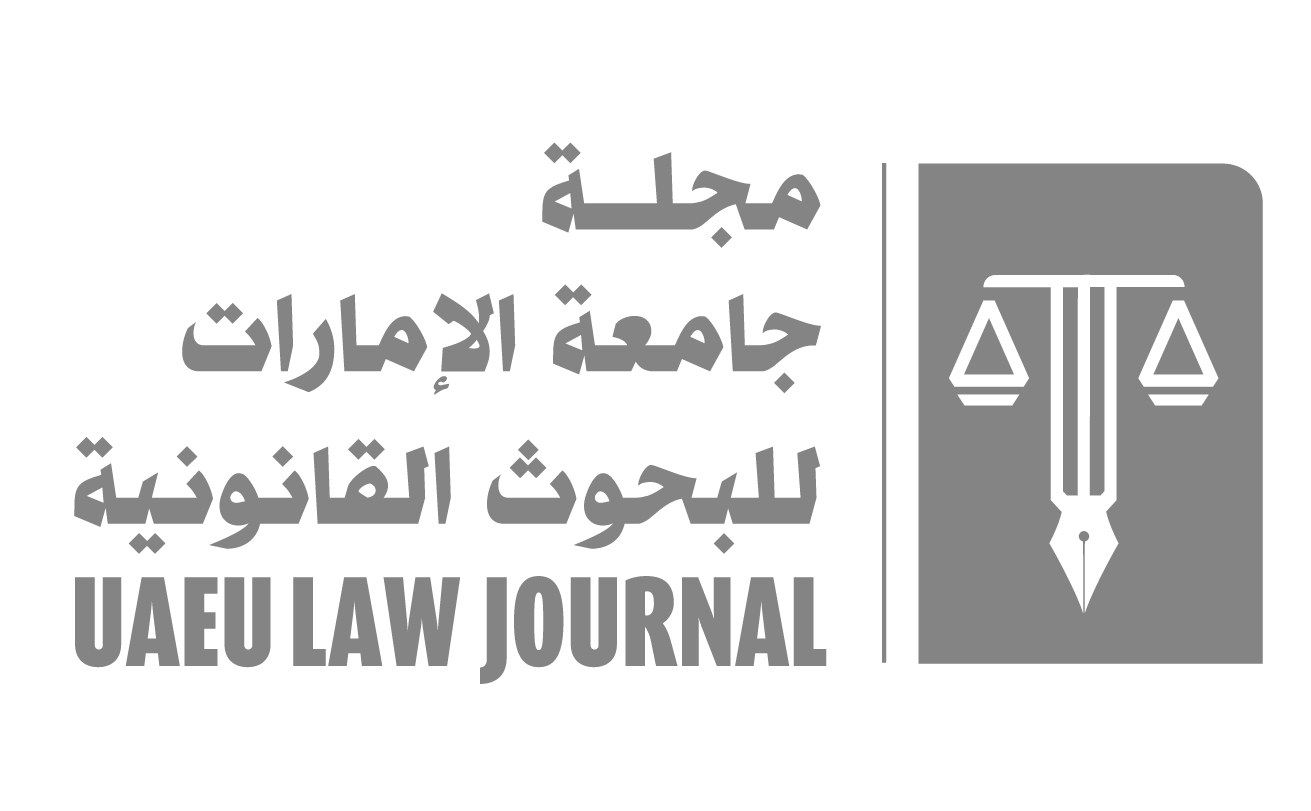
Abstract
This research explores the hypothesis of using international human rights law to protect the human right to live in a healthy and clean environment, and four legal methods will be addressed to attempt to achieve it, which are integrating environmental aspects into the current human rights system, formulating a new objective right to live in a clean and healthy environment, litigations of public interest, and justice between generations. This will be clarified by referring to some case-law from the European Court of Human Rights, and various national judicial authorities([1]). The main conclusion of this research is that human rights system must become more open to the idea of public interest litigation and intergenerational justice, and this can be achieved by expanding the requirements that the victim affected by the negative repercussions of environmental degradation must have, in order to acquire the legal status that qualifies him/her, to demand the protection of his/her right to live in a clean, healthy and sustainable environment.([2])
([1]) Khalaf Boubaker, Economic Sanctions in Contemporary International Law (University Publications Office, 2008 edition), pp. 22-23.
([2]) Suhail Hussein Al-Qatlawi, Principles of Global and Regional International Organizations (Dar Al-Thaqafa for Publishing and Distribution, second edition 2012), pp. 7-12
Recommended Citation
Balto, Ahmed Salahaldeen Dr.
(2023)
"The Protection of Environmental and Human Rights: An Applied Study of the Human Right to Live in a Healthy and Clean Environment,"
مجلة جامعة الإمارات للبحوث القانونية UAEU LAW JOURNAL: Vol. 93:
No.
93, Article 3.
Available at:
https://digitalcommons.aaru.edu.jo/sharia_and_law/vol93/iss93/3

